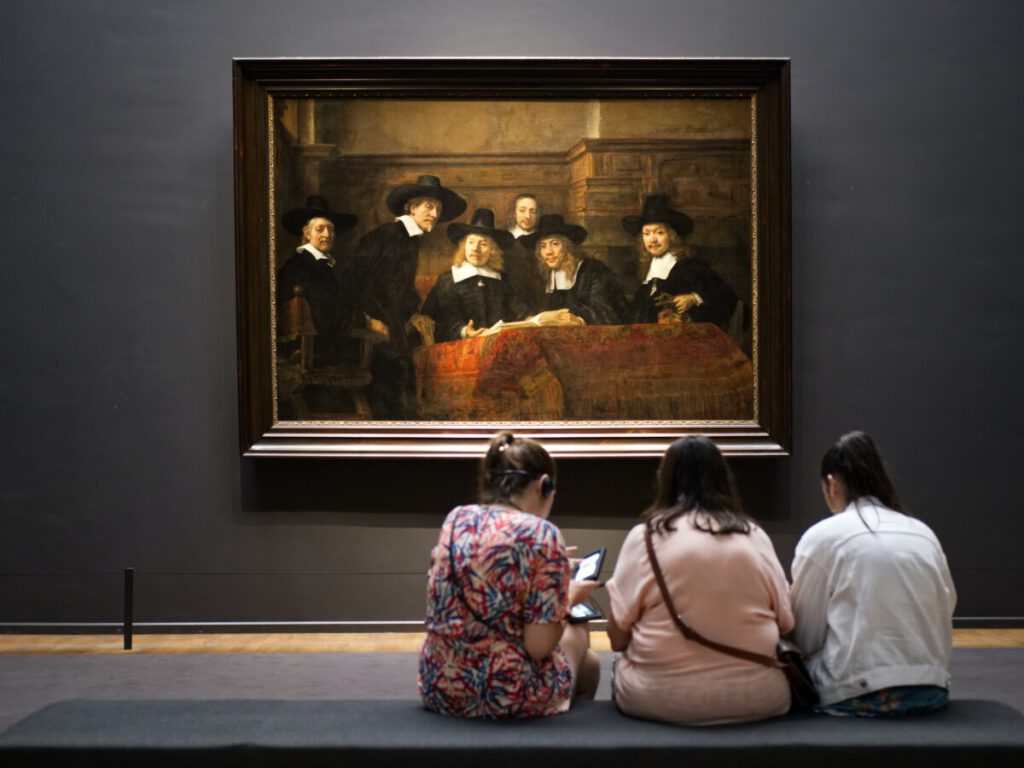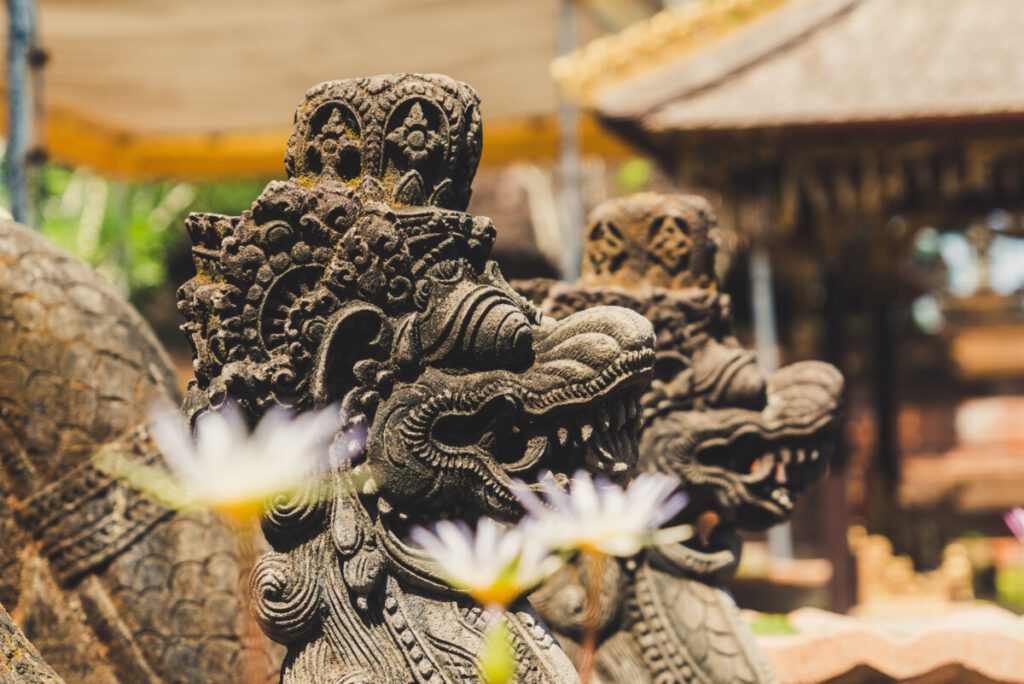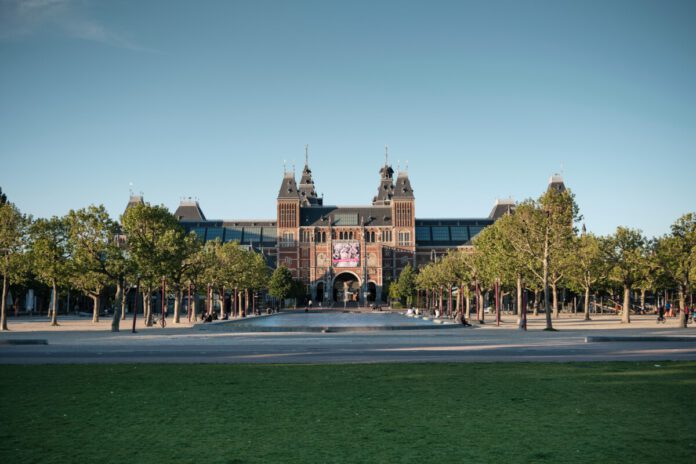“Thou shalt not steal” — unless of course you are a (former) colonial power pinching heritage from the lands you have exploited. Then feel free to “safeguard” these stolen items in your museum collections for eternity. Repatriation? Consent? Pffft.
It appears that the Dutch are looking to remedy this hugely unjust tradition, bolstered by the Rijksmuseum and Tropenmuseum both expressing support for a recent government report (translated title: Colonial Collections and Recognition of Injustice) outlining the need to repatriate art stolen by Dutch colonisers.
Repatriation, simply put, is the return of cultural items to their land of origin, and is an integral facet of the larger, on-going issue of decolonisation in museums.
But why is this important? Curious? This article will introduce the general argument for decolonisation, and offer thoughts on the future of museums.
Museums and colonialism: the ugly truth
I adore museums but they once had a very insidious role within colonialist countries, as many academic articles such as this one outline:
“Throughout the eighteenth and nineteenth centuries, museums emerged as active tools of empire, showcasing Eurocentric and racialised ideals and narratives.”
Museums were often used to publicly justify expansion and imperial rule, and created a distinction between “primitive art” and “civilisation”. It was not just cultural theft, it was the use of stolen heritage (and often humans) to perpetuate racist views and an inhumane system.
If you are taking the “yes, but that was in the Past” approach, then sorry but its influence isn’t confined to history. Take the Pitt Rivers Museum in 2020, for example. According to their director:
“Our audience research has shown that visitors often saw the museum’s displays of human remains as a testament to other cultures being ‘savage’, ‘primitive’ or ‘gruesome’.’’
Museums still have the ability to validate and continue traditional narratives dripping in racism and cultural-insensitivity. The Netherlands, as a former colonial power, is no exception to this.
It’s no surprise that “museums are perceived as being for people of privilege”

Enter decolonisation
Sharon Heal writes that: “to decolonise is to add context that has been deliberately ignored and stripped away over generations.” Much heritage, acquired illegally, is presented incorrectly or without cultural sensitivity. In fact, the origins of many items are unknown.
But you may wonder: is this not a re-writing of history? The answer is yes.
It is the re-writing of an unjust, poorly formulated, one-sided account of “our” collective past, offering instead a more valuable world history that includes the narratives and experiences of those that were/are most brutally oppressed, exploited and ignored.
The Dutch and their colonial past
Such a movement is desperately needed as the current approach is failing. After a deeply depressing survey in 2014 found that 59% of Britons were proud of the British Empire, YouGov conducted a second, international version in 2019 where they heaped on more misery by discovering that the Dutch are the worst.
Being British, I’m used to being disappointed in a country whose approach to addressing their highly controversial and exploitative past is to stick their fingers in their ears and sing Rule Britannia as loudly as they can… But the “progressive” Netherlands? How do the Dutch fair in all of this?
What the report could lead to
The report echoes similar approaches from other nations, and it’s important to note that decolonisation isn’t a recent phenomenon, and much positive work has already been done.
For example, The Amsterdam Museum has decided to drop the term “The Golden Age” when referring to the period of history during which the Netherlands exploited and colonised many. However, the Rijksmuseum decided to retain the term.
This year has also brought about a discussion surrounding the “Golden Carriage” and whether or not it should be used. The carriage is decorated with multiple painted panels, one of which depicts a white woman being served by what can only be interpreted as a row of slaves. The “slave panel” has been cited as one of the reasons why the carriage should be left in the stables.
Hopefully, the latest report can bring about further positive change in the Netherlands. However, for a deeper and more lasting change the report needs concrete support from at least three key areas:
Support from fellow museums:
In 2019, the German Museums Association published important guidelines for the care of collections from colonial contexts. In December of this year the Humboldt Forum in Berlin — with its enormous ethnographic collection — plans to open. It’s collection is, unsurprisingly, highly controversial.
If we are to see real change in Dutch museums, it must be a nationwide movement that is sternly implemented.
Support from governments:
The UK’s current right-wing, Tory government’s approach to discussing the country’s history is known to be counterproductive and ignorant. Due to the need for government funding, museums are then put in an unenviable, restricted situation.
The Dutch government has also began talks surrounding the issue of returning colonial artefacts, now it is a question of whether anything will come of this. If the Netherlands is to see change, the government must act and impose strict policies.
Support from the media:
The decision by French museums to begin restituting African artefacts received Macron’s support, but the eagerly anticipated, subsequent commissioned report was, regrettably, subject to a media backlash.
Even with backing, last year the Dutch showed another pitfall. Despite the Dutch National Museum of World Cultures providing new guidelines titled: “NMVW-Principles and Process for addressing claims for the Return of Cultural Objects“, in practice their style has been criticised. One researcher remarked:
“The NMWC uses a typical Dutch approach. Even before negotiations have started, conditions are already on the table.”

So what should Dutch museums do now?
Museums need to keep going, keep improving. And fast.
They should be protagonists for positive change not puppets for the status-quo. Not authoritarian institutions, but promoters of fair communication and cross-cultural cooperation. They need to be safe spaces for these discussions to take place.
Dutch museums are taking steps in the right direction, but they need our help. And if they don’t change? Well, they can expect a more forceful resistance. Just ask the Brooklyn Museum who, this year, felt the wrath of activist group, Decolonize This Place.
In short: We should support our museums, but they need to be held accountable.
What do you think of the need to decolonize museums? Let us know in the comments below!
Feature Image: Frans Ruiter/Unsplash.

These artefacts will never be returned not just by the Dutch but all western museums and nations. A pity.
If artifacts are returned , then exact copies can be made to be on display. terms such as The Golden Age should be kept because that is what it was. keep the Golden Carriage .